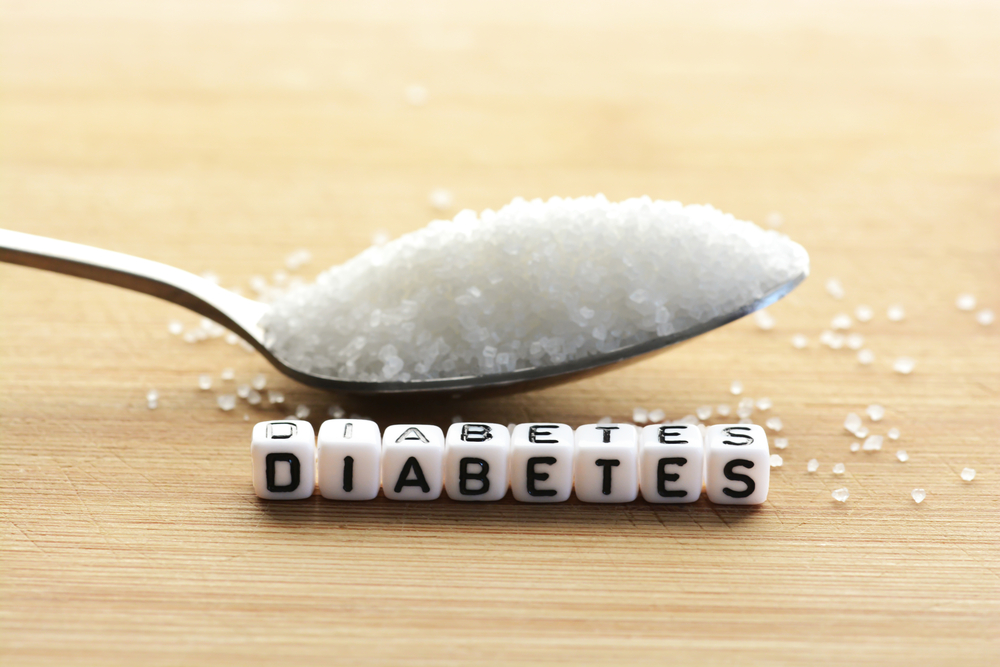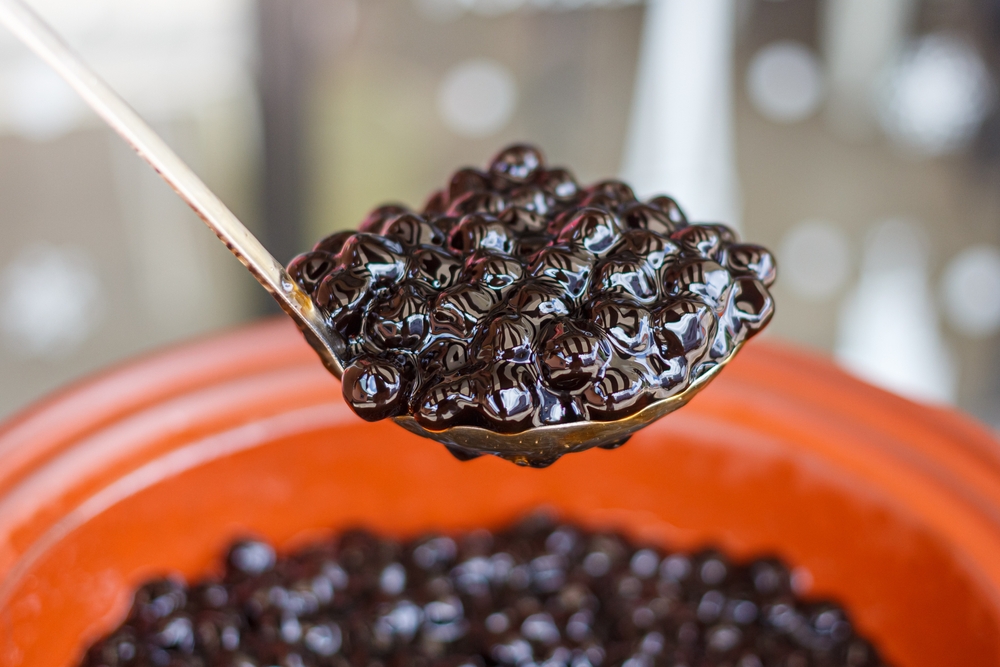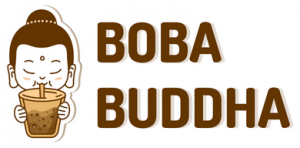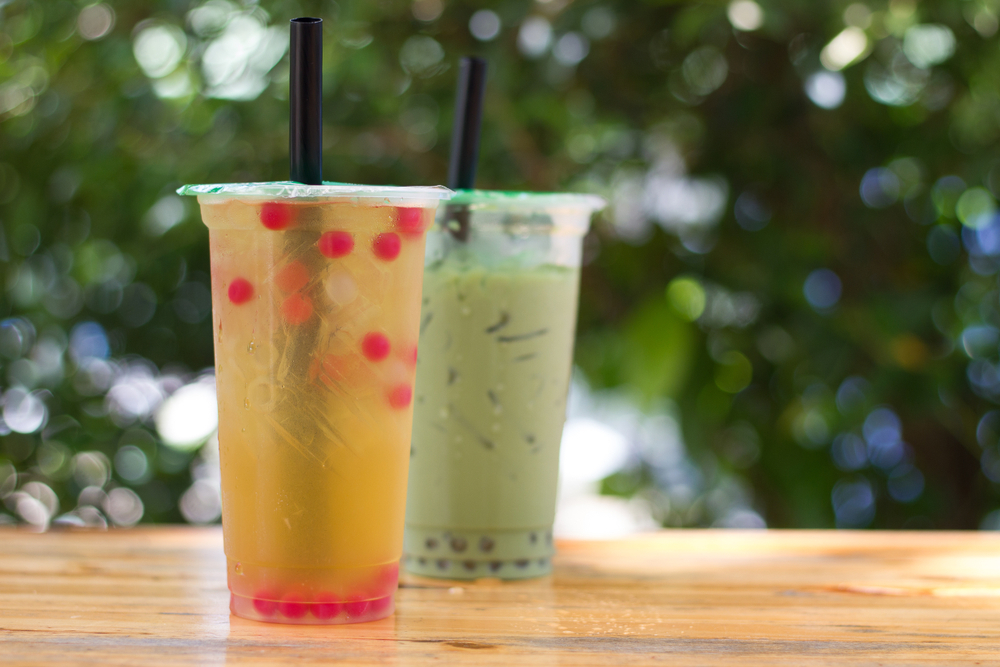Boba tea typically has large amounts of sugar. The added sugar in the milk tea and toppings means boba can have more grams of sugar than a typical soda. With some modifications, people with diabetes can enjoy boba as part of a healthy lifestyle.
Does Boba Tea Raise Blood Sugar?
Unless expressly specified, boba teas raise blood sugar significantly. Most boba teas contain brown sugar, tapioca pearls soaked in sugar syrup, or jellies with added sugar. Some boba teas have even more added sugar in toppings or sweetened milk.
If you suffer from type 1 or type 2 diabetes, you already know that your body struggles to produce sufficient insulin or to use insulin properly. Without insulin, your body has trouble regulating blood sugar. Over time, unregulated high blood sugar can lead to diabetes. High blood sugar levels can also contribute to cardiovascular disease, high blood pressure, and weight gain.

What Is the Sugar Content of Boba Tea?
Boba tea has high levels of sugar. A typical 16 oz boba tea contains between 8.5 and 20 teaspoons of sugar. This results in 38-80 grams of sugar per serving. A standard 16 oz bottle of soda has 12 teaspoons of sugar. Drinks high in sugar can lead to obesity, diabetes, or heart disease.
The American Heart Association recommends that Americans’ daily sugar intake doesn’t exceed nine teaspoons for men and six teaspoons for women. One boba tea can have 2-3 times the daily recommended amount of added sugar.
The good news is that you can order or make boba tea with less added sugar. If you make it at home, use a low glycemic sugar like monk fruit or stevia. If you order boba tea from a tea shop, ask for your drink to be made with 25% or 50% of the regular sugar amount.
Can Diabetics Eat Tapioca Pearls?
Tapioca pearls are high on the glycemic index, meaning they raise your glucose levels. Chewy tapioca pearls are made from cassava root starch and are full of empty carbs. A quarter cup of tapioca starch contains 26 grams of carbohydrates and 0 grams of fiber. Therefore, people with diabetes should consume tapioca pearls in moderation. The high carbs in tapioca pearls and added sugar in brown sugar syrup will raise blood sugar significantly.

How to Order a Healthier Bubble Tea
By implementing a few strategies, you can still order and enjoy bubble tea as a person with diabetes.
- Ask for the drink to be made with no sugar or 25% or 50% sugar. 25% and 50% sugar will still provide a sweet treat while reducing a blood sugar spike.
- Ask for less topping. If you enjoy jellies or red beans, you can still order them. Ask for 75% or 50% of the average amount. This will lower the added sugar.
- Ask for dairy-free milk. Dairy milk is high in carbs which convert to sugars. Unsweetened dairy-free milk, like almond milk, is lower in carbs and sugars. Non-dairy creamer also usually has added sugars or artificial sweeteners. Opt for plain dairy-free milk instead.
Is Sugar-Free Bubble Tea Good?
Honestly, bubble tea without added sugar is not great. Tapioca pearls by themselves taste bland. They get their flavor from soaking in sugar syrup or fruit syrup before being added to the tea drink. Jellies and popping boba require sugar, as does the sweetened red bean topping. The sugar added to bubble tea enhances the flavor and makes the drink come together.
Some bubble tea shops have sugar-free options, but these artificial sweeteners change the flavor of bubble tea. Artificial sweeteners have also been linked to sugar cravings and weight gain. Overall, it’s better to order your boba drink with less sugar and enjoy it occasionally than try to make it often and without sugar.
Do Boba Drinks Have Any Health Benefits?
Boba tea drinks aren’t all bad. Many of the ingredients have health benefits.
Tea has health benefits, including:
- boosting your immune system
- reducing inflammation
- helping lower cholesterol
- encouraging weight loss
- high levels of antioxidants
Tapioca balls have good levels of calcium and iron. They are naturally gluten-free and can be more easily digested than wheat flour.
Additionally, if you order a tea with fresh fruit, you will also receive vitamins and minerals from the fruit.
Adding sugar to boba tea decreases the health benefits, but choosing low-sugar options can allow you to occasionally indulge in your favorite boba teas without harming your body.

